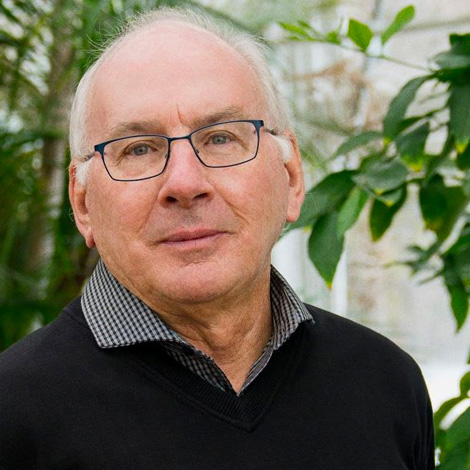Leadership
Success at the Centre for Biodiversity Genomics is driven by experienced internal leadership and a diverse array of external advisors
Executive Team
The members of the Executive Team bring management expertise in diverse fields. In addition, its five members offer complementary research backgrounds and organizational leadership.
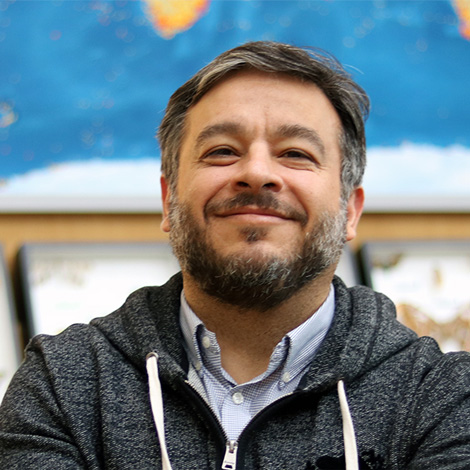
Mehrdad Hajibabaei
Chief Scientific Officer
Associate Professor
Hajibabaei is an Associate Professor of Integrative Biology at Guelph and a Research Professor at the CBG. He brings experience in HTS protocols for biodiversity analysis. As founder and CSO of eDNAtec, he collaborates with ocean industries and other stakeholders to advance the ecological monitoring of marine environments. As CSO, Hajibabaei oversees genomics innovation at the CBG.

Graham Taylor
Chief Data Officer
Professor
Taylor is a Professor in the School of Engineering at the University of Guelph, a Canada Research Chair in Machine Learning, a Canada CIFAR AI Chair, and Interim Research Director at the Vector Institute. As CDO, Taylor oversees the transactional data services provided by the CBG’s Informatics Unit and the innovation agenda led by its data science/AI/machine learning teams.
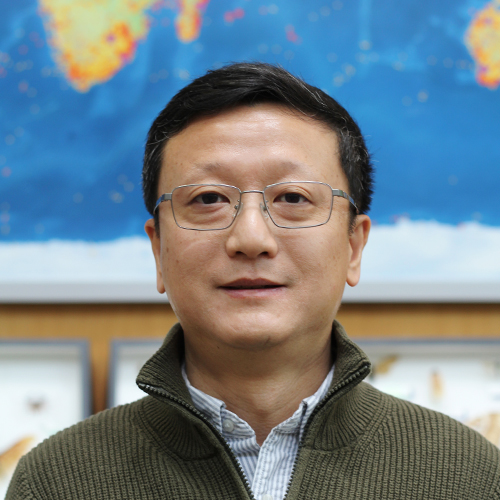
Xin Zhou
Chief Operating Officer
Canada Research Chair & Professor
Zhou is a Professor of Integrative Biology at Guelph and a Canada Research Chair in Eukaryote Biodiversity Genomics. His research focuses on advancing understanding of the patterns of insect diversity and how evolution and species interactions have shaped it. As COO, Zhou oversees routine operations and resource alignment at the CBG.
Management Team
With a full-time staff of 80, research activities at the Centre for Biodiversity Genomics are led by five senior scientists who collectively oversee its operating Units, and an expert in media & communications who manages the CBG’s media presence along with coordinating all social and outreach activities.
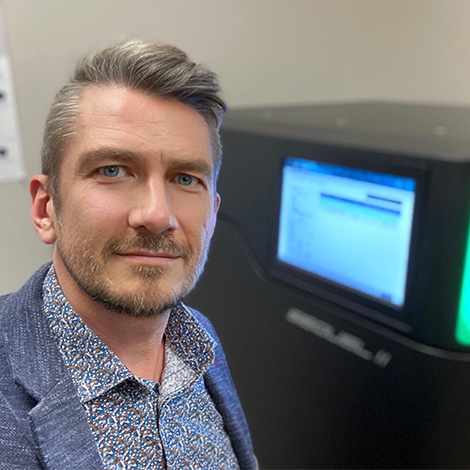
Evgeny Zakharov
Director – Genomics
Zakharov has more than 15 years of research experience in molecular systematics, population genetics, and evolutionary biology. He oversees the CBG’s core sequencing facility, the Canadian Centre for DNA Barcoding which analyzes over 1M samples annually and serves nearly 700 research groups from the academic, government, and private sectors worldwide.

Terri Porter
Director, Informatics – Internal Operations
Porter has over two decades of research experience spanning the academic, government, and private sectors. She leverages a multidisciplinary background in bioinformatics, molecular ecology, and mycology. Her contributions include the development of databases, tools, and pipelines for the scalable analysis of DNA metabarcodes.

Sujeevan Ratnasingham
Director, IT & Informatics
(On sabbatical)
Ratnasingham is a bioinformatician with two decades of experience leading innovative informatics projects in the research and commercial sectors. He is the chief architect of BOLD and mBRAVE, critical platforms in biodiversity data management, and the BIN framework, a system for algorithmic species definition and registration. Additionally, he serves as a member of the Advisory Committee on Canadian Scientific Data Governance.
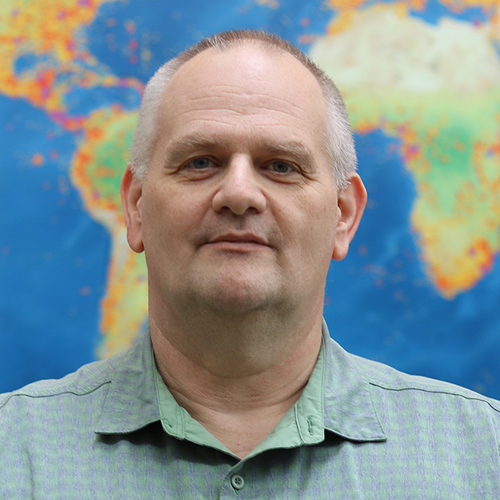
Dirk Steinke
Research Scientist – Analytics
Steinke has been involved in DNA barcoding research since 2005, initially focusing on DNA barcoding of fishes and analytical methods. He has a strong background in evolutionary biology, genomics, and DNA analysis as well as science education and research communication.
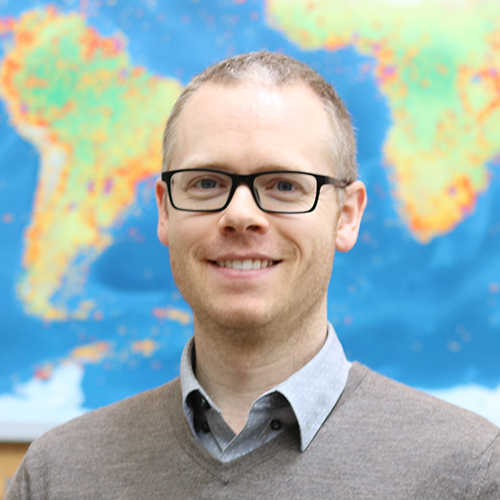
Kevin Kerr
Research Director
Kerr oversees the alignment of research programs as they flow through the CBG’s operating units and catalyzes research activities. He earned his PhD from U of G and spent nearly a decade serving as the Toronto Zoo’s Curator of Birds and Invertebrates which included management of its various conservation programs.
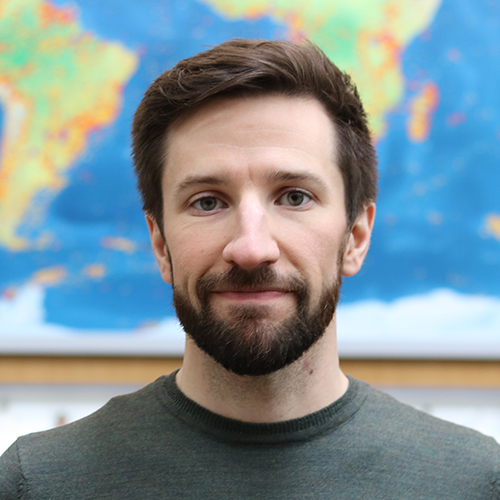
Spencer Monckton
Associate Director – Taxonomy
Monckton has been involved in DNA barcoding since 2013. His M.Sc. and Ph.D. research used DNA barcodes to inform species discovery in bees and sawflies (Hymenoptera). He has more than 10 years of research experience in molecular evolution, phylogenetics, taxonomy, and systematics, all driven by a tireless interest in the origins and patterns of biological diversity.

